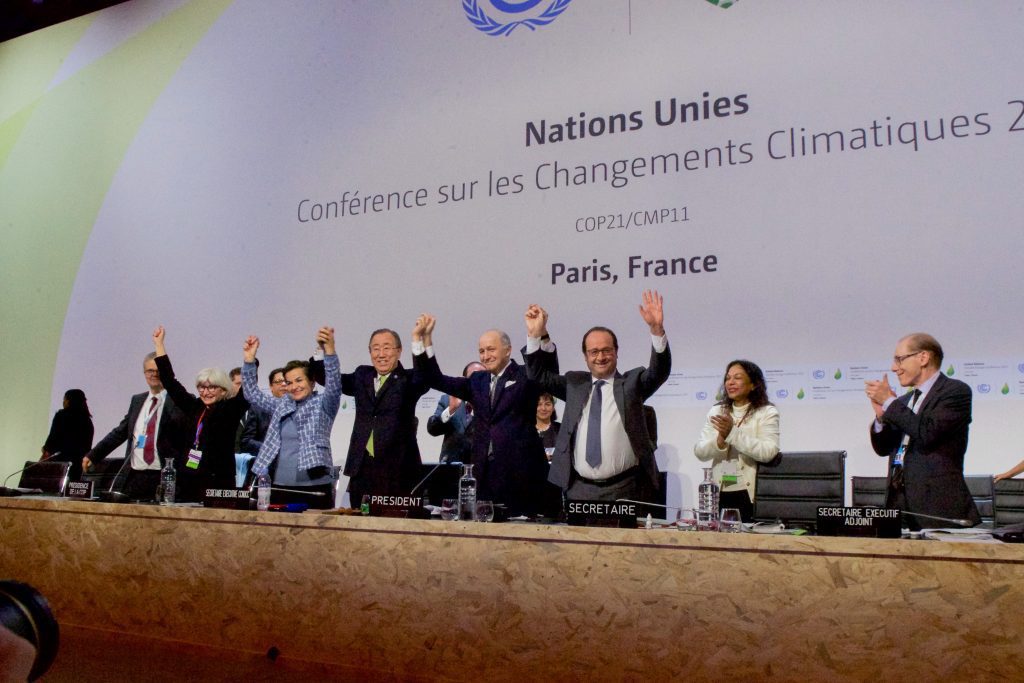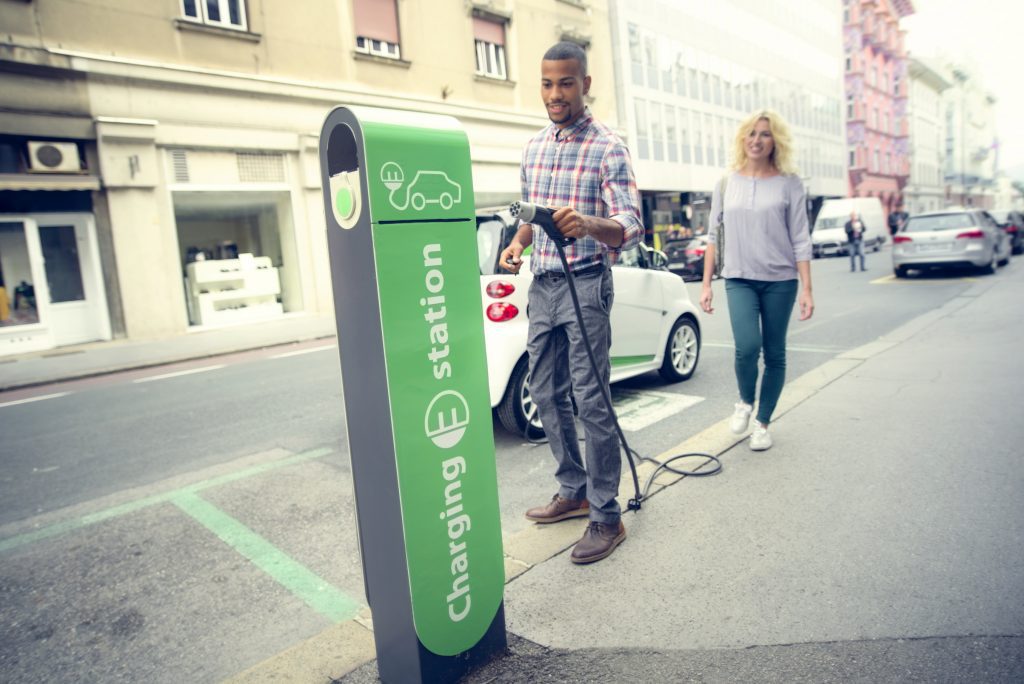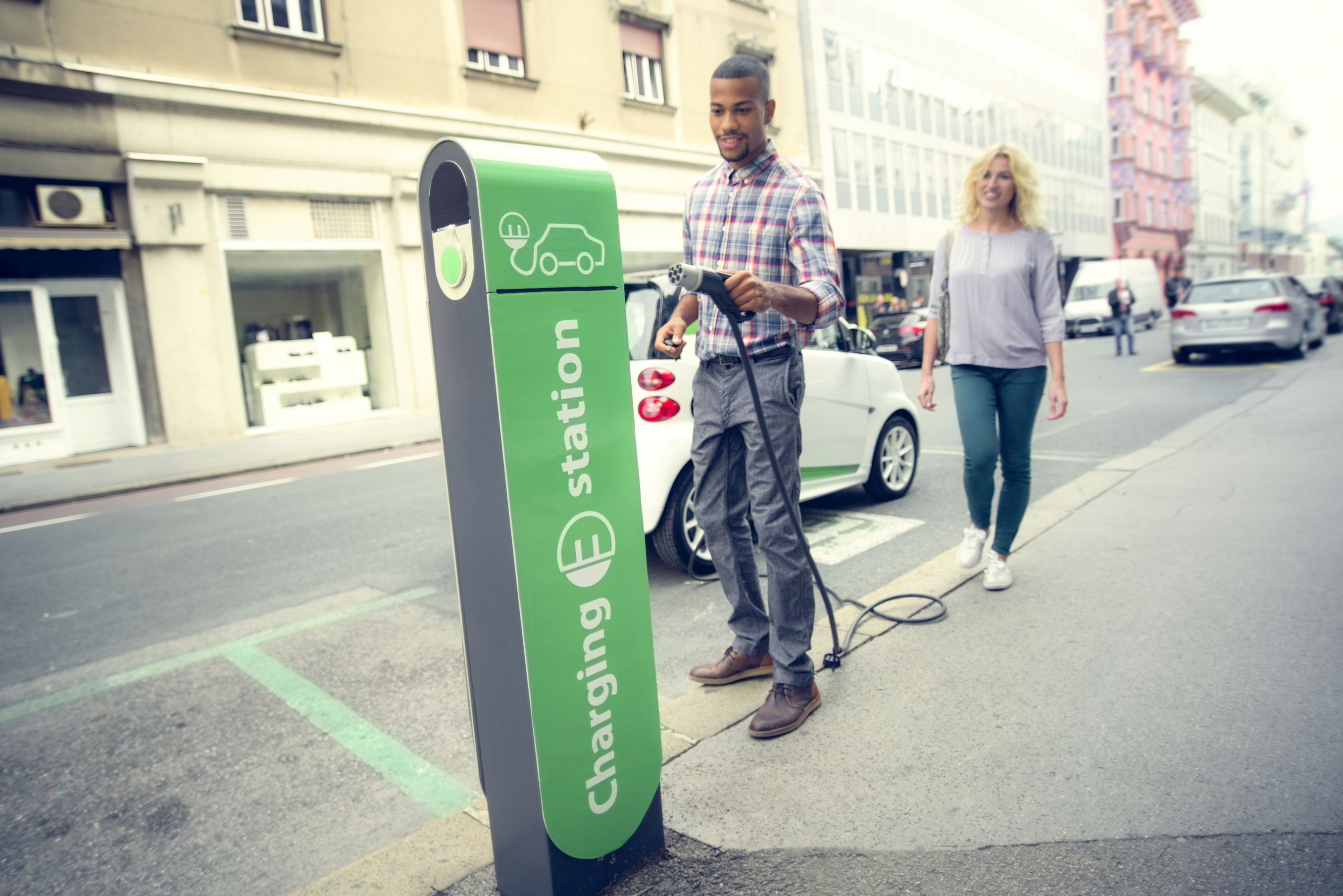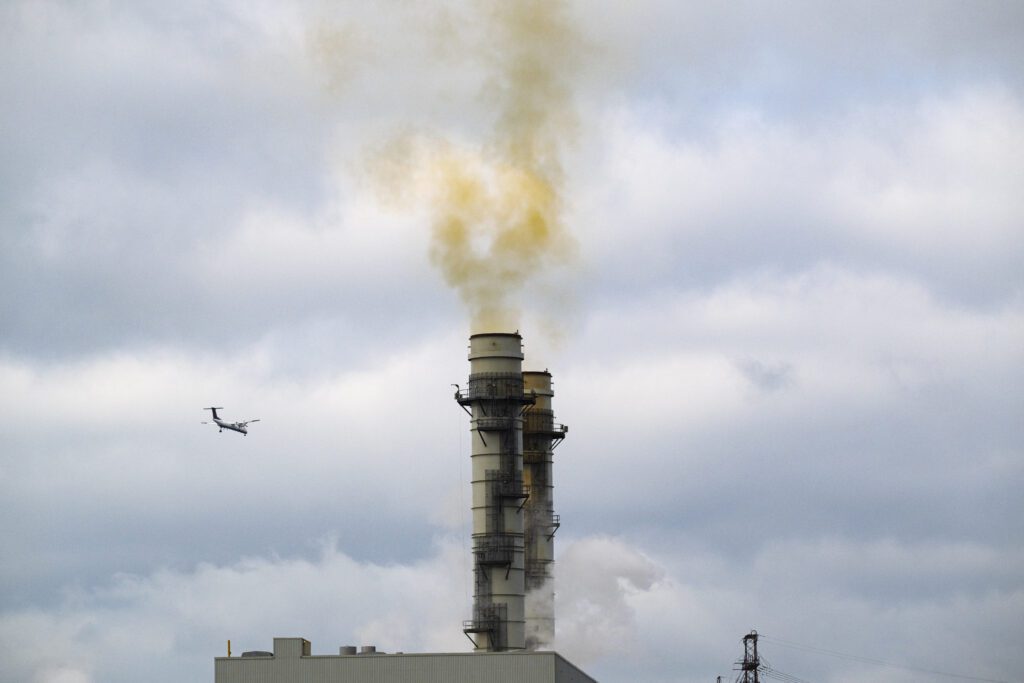U.S. President Trump has just withdrawn the United States from the Paris Agreement on climate change. It’s a setback for sure. But climate progress will forge on.

The shift to a clean economy is unstoppable. 2016 was the fourth year in a row when investments in wind, water and solar power beat out investments in fossil fueled electricity. The costs of renewable energy continue to plummet, while the technology continues to improve.
Just last week, India cancelled plans for a huge coal plant in favour of solar instead – because solar power is cheaper.
And it’s not just in India. In the last year, record low prices for solar were bid in Chile, in Abu Dhabi, and in Saudi Arabia. Solar power is now officially the cheapest way to generate electricity.

Coal demand is being cannibalized by renewable power. And oil’s prospects are much the same.
The electric car is going to win – because it’s better technology. A host of affordable long-range electric vehicles (EVs) are set to hit the market in the coming years. Interest in these cars is high – as evidenced by the thousands of orders placed for Tesla’s Model 3, a car that only just began production.
Analysts now predict that EVs are going to take off like cell phones and experience explosive growth. One study out of Stanford University predicted that fossil fueled cars could be almost completely replaced by electric cars by 2030.

And it’s not just EVs that will drastically reduce oil consumption. Analysis from Bloomberg shows that a combination of EV adoption, fuel economy in conventional vehicles, and a move away from petrochemicals to plant-based chemicals would see oil demand peaking around 2020 and dropping off precipitously, declining by about 20 million barrels a day by 2040.
Trump can’t stop any of this. Instead, the U.S. will become more isolated as it sits out the clean energy transition and misses out on the many opportunities the clean economy provides.
With or without the U.S., progress on climate change will continue around the rest of the world. No country has said that they would follow the U.S. in abandoning the Paris Agreement. In fact, many countries – including Canada – have said the opposite: that they are happy to seize the diplomatic and economic opportunities that America is passing up.
These opportunities are huge. Renewable energy already employs nearly 10 million people around the globe. Renewable energy jobs could total 24 million in 2030, according to IRENA, the International Renewable Energy Agency.
 The transition to a clean economy is a multi-trillion dollar opportunity. It’s been called the largest business opportunity in a century. It’s been compared to the advent of home computing – which gave life to companies like Microsoft, Apple, and Google.
The transition to a clean economy is a multi-trillion dollar opportunity. It’s been called the largest business opportunity in a century. It’s been compared to the advent of home computing – which gave life to companies like Microsoft, Apple, and Google.
Pulling the U.S. out of the Paris Agreement will set climate action back, but even in America, progress will continue. Recall that while Canada’s federal government was blocking international progress on climate and attacking environmental organizations a home, B.C. brought in its carbon tax, Ontario phased out coal completely, and Quebec joined with California in cap-and-trade.
And that’s what will happen in the U.S. – individual states will continue to progress. Because, while Trump may not know it, renewables employ more people than fossil fuels do in most U.S. states. Because California’s commitment to fighting climate change stands as proof that a strong economy and climate action can go together. And because even oil companies want to see continued progress on addressing climate change.
There will be those who say that Canada should rethink how aggressive we want to be on climate change now. I agree. But I think we need to be more ambitious.
Now that the U.S. has pulled out of the Paris Agreement, other countries will need to step up to fill the void, take responsibility, and seize the opportunity to lead in the clean economic transition and reap its economic, social, environmental and reputational rewards.
The movement by President Trump is disheartening, to say the least. But he can’t stop progress. And it’s no reason for Canada to cut our ambitions. If anything, it should prod us to go even further.








